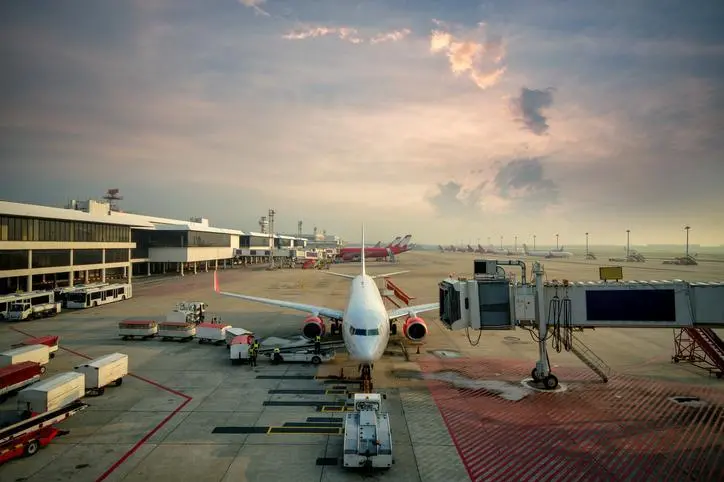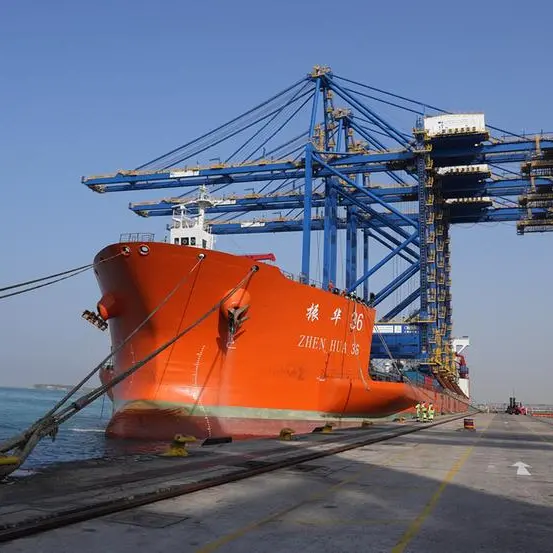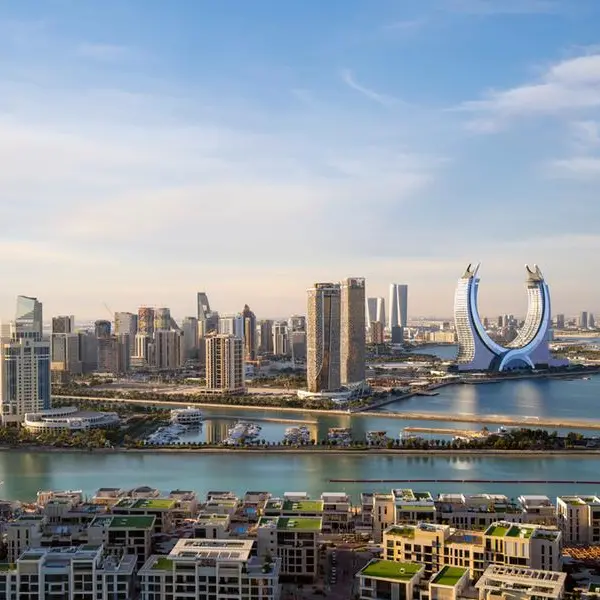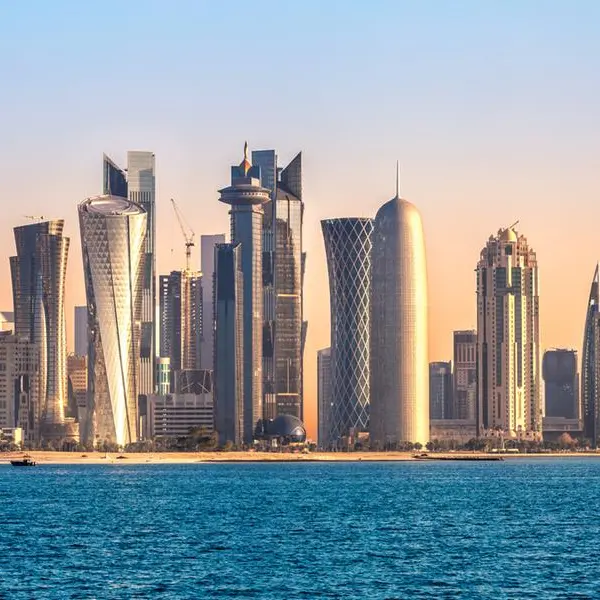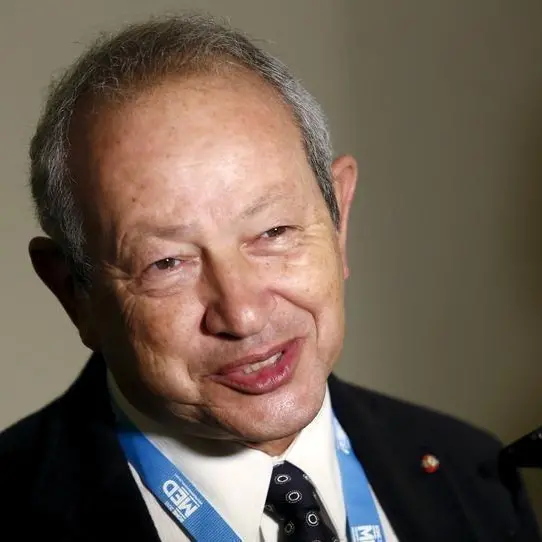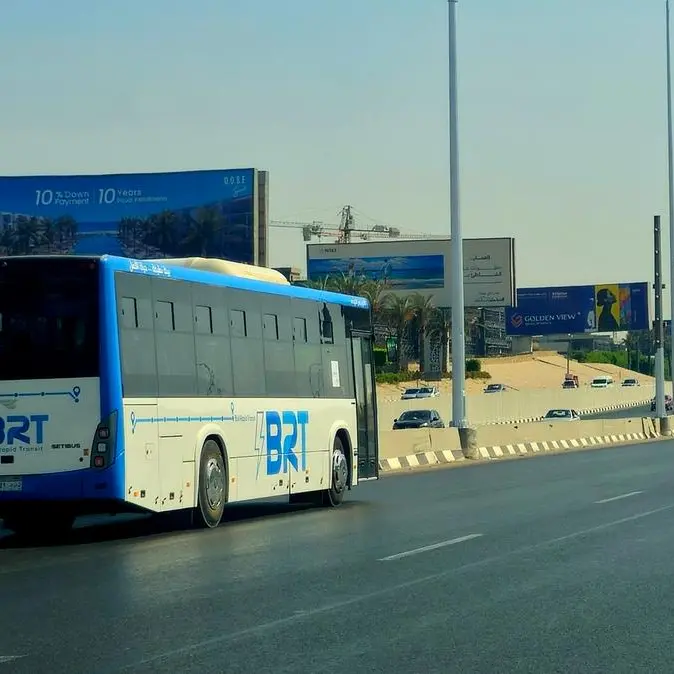PHOTO
IFC [International Finance Corporation], a member of the World Bank Group, has signed an agreement with the government of Iraq to develop Baghdad Airport under the public-private partnership (PPP) model.
This will be the OPEC member’s first airport PPP project as well as IFC's first PPP mandate in Iraq, the Corporation said in a press statement.
IFC will act as lead transaction advisor for a PPP to rehabilitate, expand, finance, operate and maintain Baghdad International Airport – the country's largest international airport – and bring its facilities, safety, and services in line with international standards.
The statement said IFC will carry out detailed due diligence and recommend a suitable transaction structure for the project, building on a pre-feasibility study undertaken by the institution in 2019. Upon the government's approval, the project will move to tender stage to attract private investors and operators.
The statement noted that the PPP will help lay the foundations for future projects to tap into private financing and expertise in the OPEC.
The project is also aligned with Iraq's 2030 Vision for Sustainable Development and government agenda, which both aim to introduce private sector participation for key infrastructure assets in priority sectors to create a more diversified Iraqi economy less dependent on oil revenues.
"This agreement marks the start of a series of partnerships with the private sector for critical infrastructure development across the country, as part of our 2030 economic vision for sustainable growth," said Iraq's Prime Minister Muhammad Shia' al-Sudani. "The Baghdad International Airport serves as a cultural symbol representing Iraq and its people. This initiative is an integral component of our comprehensive vision, which will encompass all airports to enhance transportation diversity and improve global connectivity."
"This agreement marks a new era in Iraqi history, allowing the country to leverage its unique geographical position, supporting trade, creating jobs, and fostering diversification," said Khawaja Aftab Ahmed, IFC's Regional Director for the Middle East, Pakistan, and Afghanistan. "PPPs help governments harness the private sector's expertise and efficiency, raise capital to build modern, sustainable infrastructure, and spur development. Attracting private sector participation will help manifest the government's vision and assist in meeting Iraq's huge developmental and financing needs."
IFC's PPPs in the Middle East include Queen Alia Airport and the Tafila wind farm in Jordan, and the Madinah Airport and healthcare PPPs in Saudi Arabia.
Since 2005, IFC has committed over $1.2 billion to support Iraq's private sector, with its current committed portfolio standing at about $188 million in sectors such as energy, telecoms, and banking.
(Writing by Senthil Palanisamy; Editing by Anoop Menon)
(anoop.menon@lseg.com)
Subscribe to our Projects' PULSE newsletter that brings you trustworthy news, updates and insights on project activities, developments, and partnerships across sectors in the Middle East and Africa.
